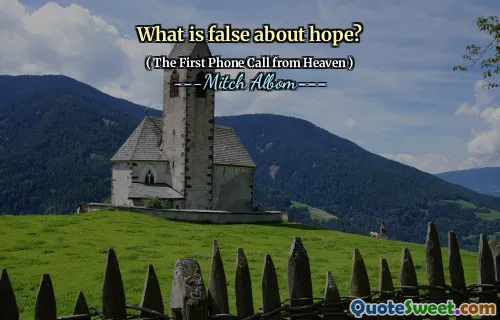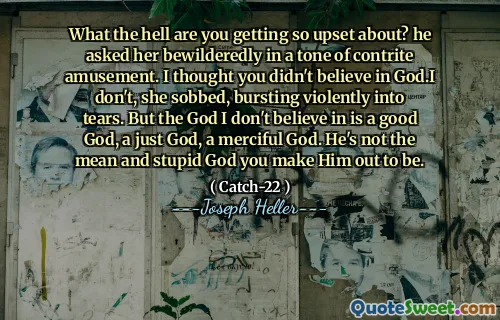Never shall I forget those flames which consumed my faith forever.""Never shall I forget that nocturnal silence which deprived me, for all eternity, of the desire to live. Never shall I forget those moments which murdered my God and my soul and turned my dreams to dust. Never shall I forget these things, even if I am condemned to live as long as God Himself. Never.
In Elie Wiesel's "Night," the profound impact of the Holocaust on his faith and existence is vividly conveyed through haunting reflections. He describes how the flames not only destroyed lives but also annihilated his belief in God. The imagery of flames symbolizes the loss of hope and the spiritual devastation he endured. Wiesel's words emphasize the intensity of his suffering, highlighting a transformation in his understanding of faith and humanity.
The silence he references encapsulates the overwhelming despair that leaves an indelible mark on his spirit. These moments of anguish were so powerful that they extinguished his desire to live, leading to a profound sense of emptiness. Wiesel's resolve to never forget underlines the importance of remembering such atrocities, as they shaped his identity and worldview, serving as a reminder of the darkness humanity can inflict upon itself.





